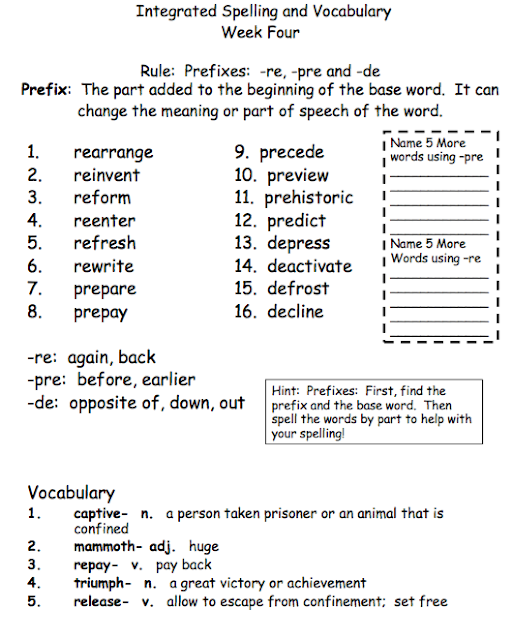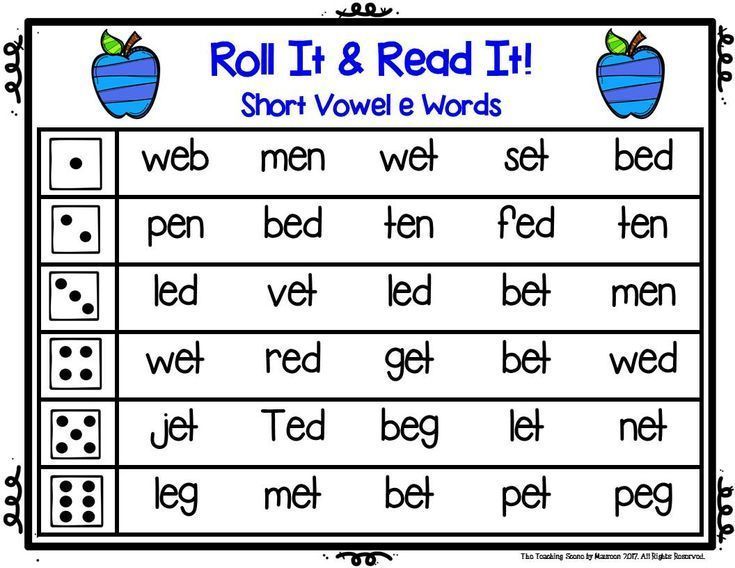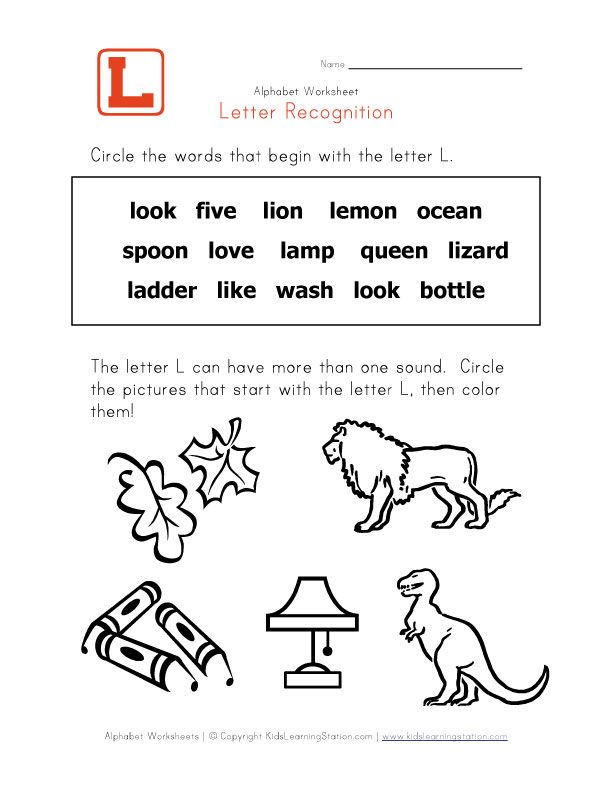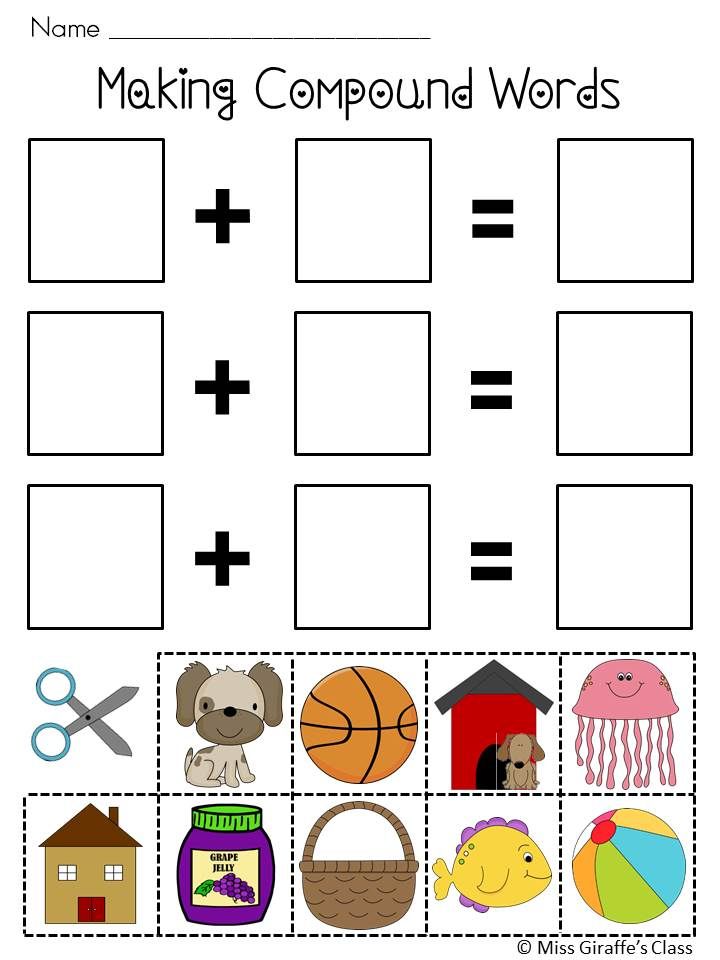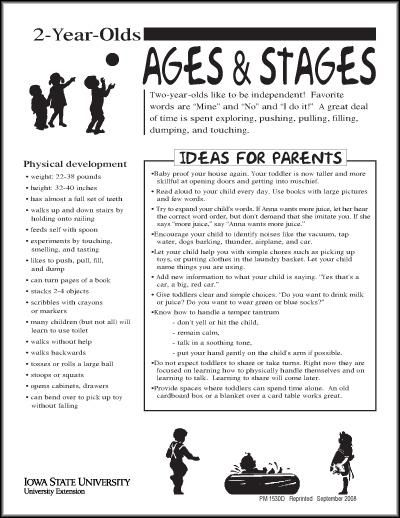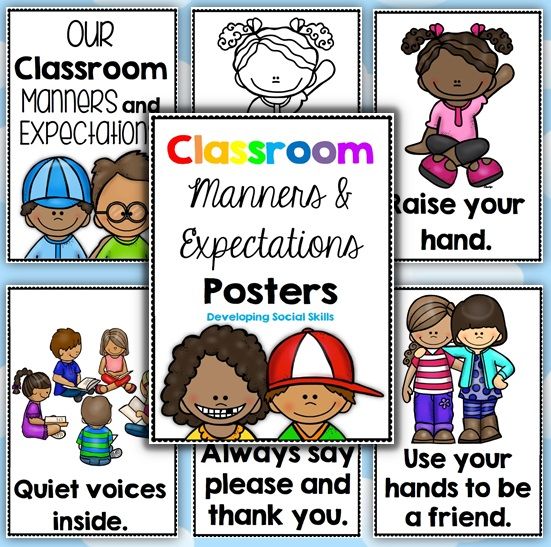Help with spelling
Learning to spell for adults and mature learners
Not all adults have perfect spelling skills. In fact, many have developed bad spelling habits over the years. This is even more so the case today given the nature of communication on social media networks and mobile texting.
Abbreviations are common in order to save space in posts and message chains and people ignore English capitalization and punctuation rules. It’s also the case that individuals who left school early may simply have missed out on learning how to spell in the first place.
And while spelling is only one aspect of productive language knowledge, it tends to be a rather obvious one. You may not know what a word means, but when you misspell something, everyone notices.
Spelling is not a reflection of intelligence. Nonetheless, it is still necessary to know how to spell in order to be successful in academic and work endeavours. Having poor spelling skills in English can cause an adult to be judged negatively by others.
They may lose out on job or career advancement opportunities and often will experience feelings of embarrassment and low self-esteem. Worse still, poor spelling skills can cause individuals not to reach their full potential at school.
This is because when a young adult finds certain words hard to spell, they may rely on more common and less specific vocabulary in writing, or avoid writing altogether. Their written work can appear over-simplified and may not reflect the true extent of their vocabulary.
While it may be embarrassing to practice spelling as an adult, an intervention is often required as it is not a skill that will fix itself. Learning to spell involves targeted work, including repetition and transcription exercises.
Enrollment in a basic adult education course at a local school is recommended, particularly if poor reading skills are also a factor.
Individuals who can’t spell may also wish to sign up for an adult spelling course or use a program or app that runs on a home computer.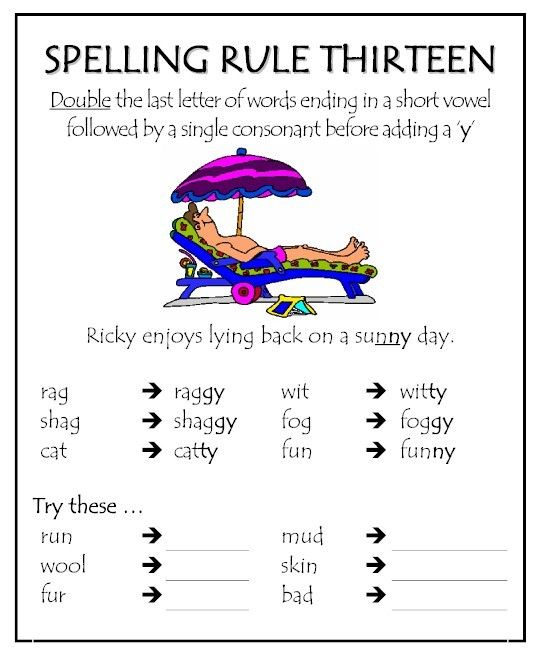
It's even possible to learn how to spell and acquire a new skill at the same time! This is the case with mastering touch-typing using Touch-type Read and Spell (TTRS). Originally developed to help learners with dyslexia, it takes a unique whole-word approach and teaches spelling together with typing.
Learning spelling as an adult vs. as a child
Because English spelling is so irregular, children learn spelling at school. Some even compete in spelling bees, which are competitions that cover some of the hardest to spell words in the English language.
However, for adults it is assumed that they already learned the spelling of most words at school. Thus when it comes to people working in specialized fields, there isn’t always the same level of attention to subject and domain specific vocabulary, which may prove problematic.
Again, that’s where Touch-type Read and Spell can help. You can create your own modules that contain the relevant vocabulary you need to practice.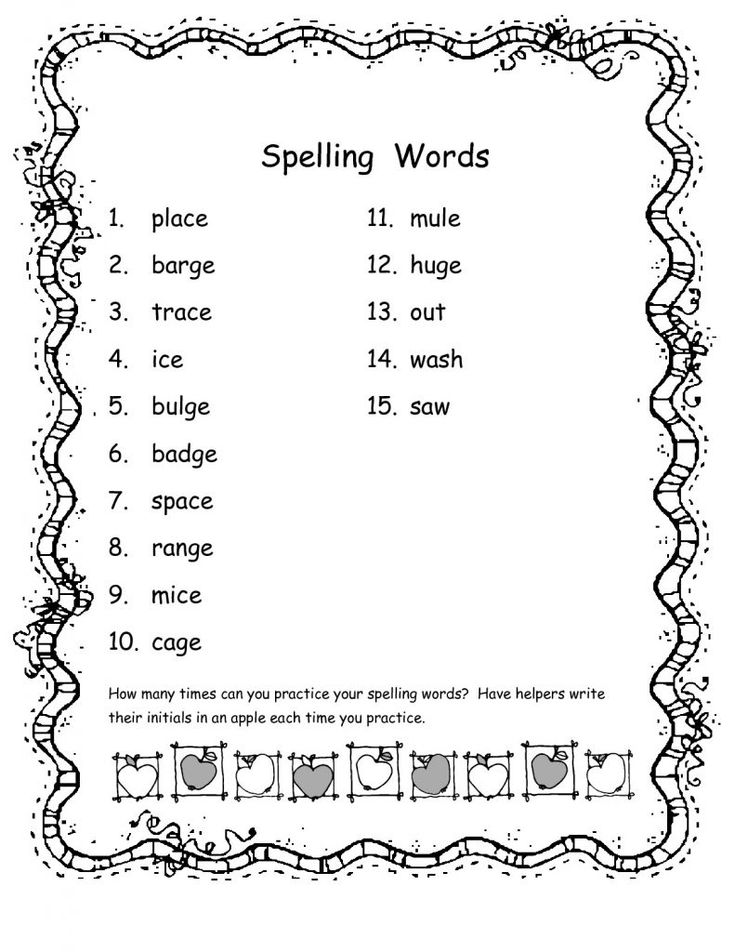
Moreover, most children learn how to spell at the same time as they learn new words.
This means their spelling skills develop along with their vocabulary. On the other hand, an adult with poor spelling skills may have a wide knowledge of spoken language but experience difficulty when it comes to writing down all of the words he or she knows.
An adult who is learning English as a second language can have trouble with English spelling due to the lack of 1:1 sound letter correspondence. In other words, there are many ways of writing the same sound in English.
Spelling is even further complicated if the adult learner’s native language does not have a specific letter, or if it uses a different alphabet.
Reading and spelling skills are related, as spelling is part of the sound-letter mapping children need to decode words.
But while children learn at school, adults may need to be taught how to learn spelling. This can involve mastering memory tricks or understanding that repetition and multi-sensory learning can improve retention.
Specific learning difficulties
Fear of being exposed for bad spelling, reading or writing habits can keep many adults from improving their skills. But sometimes an adult’s struggles with spelling are the result of an undiagnosed learning difficulty that caused them to miss out on crucial early literacy skills or to leave school due to frustration with reading and writing in the classroom.
These individuals can highly benefit from addressing their specific learning difficulty and learning strategies that will help them overcome literacy roadblocks and improve spelling, no matter what their age.
DyslexiaDyslexia can manifest in different ways, but it's common for it to cause spelling difficulties rooted in a lack of phonological awareness. Luckily, there are strategies that can help dyslexic adults learn how to spell.
DyspraxiaAs opposed to dyslexia, dyspraxia is more related to planning and fine motor skills interruption.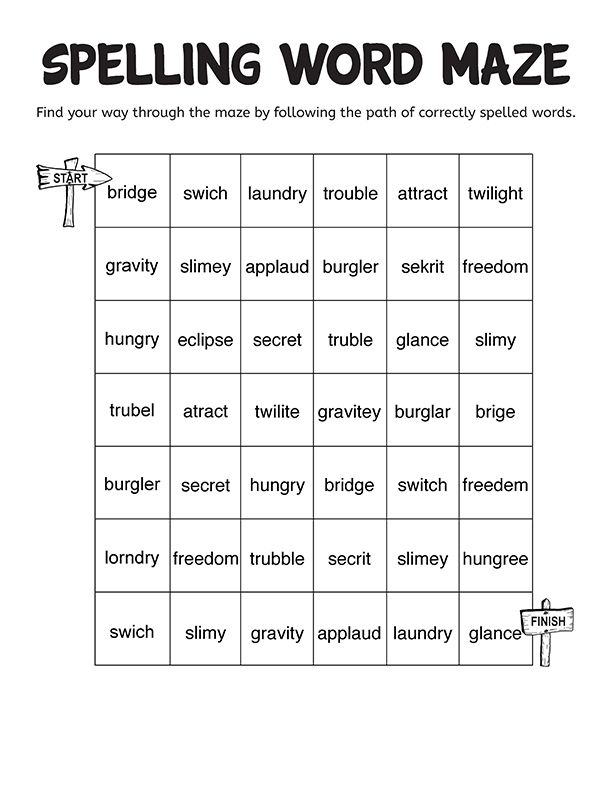 However, it can cause problems when it comes to writing words out by hand. Without ample practice writing, an individual may develop poor spelling skills. That’s why learning how to type is an excellent solution for dyspraxic individuals who are looking to improve their skills.
However, it can cause problems when it comes to writing words out by hand. Without ample practice writing, an individual may develop poor spelling skills. That’s why learning how to type is an excellent solution for dyspraxic individuals who are looking to improve their skills.
Handwriting difficulties may be a result of dysgraphia, a condition that makes it difficult and sometimes even painful to write by hand. An individual who has avoided writing for most of his or her life is likely to have underdeveloped spelling skills.
ADHDIndividuals with attention difficulties may find it difficult to focus and can have trouble sitting still. This makes it hard to concentrate during writing activities, particularly when it comes to learning spelling rules. Tactile learning via touch-typing can be a solution in these cases.
Spelling tips
- Know the rules. They aren’t consistent and there are plenty of exceptions, but it’s still worth learning some spelling rules in English.
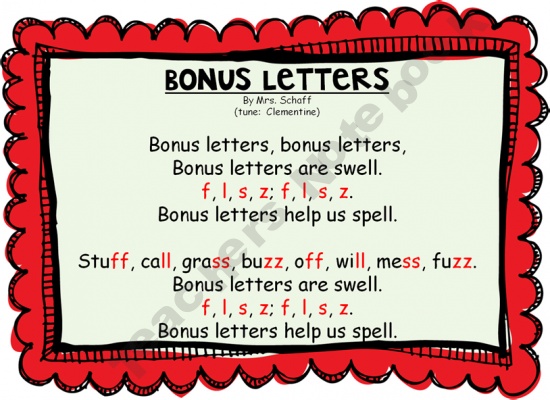 When you learn a rule, be sure to review a set of common examples that demonstrate it, as well as words that break the rule. You may decide to pick up a page of English text and underline all of the words that conform to the rule. When you’re done, look for the exceptions, as you are sure to find a few!
When you learn a rule, be sure to review a set of common examples that demonstrate it, as well as words that break the rule. You may decide to pick up a page of English text and underline all of the words that conform to the rule. When you’re done, look for the exceptions, as you are sure to find a few!
- Study Dolch Words. Also called Sight Words, these are among the most frequent words in English and account for up to 50% of most texts. They include prepositions, verbs, adjectives, articles and adverbs and overlearning them will allow you to spend more time learning the spelling of harder, less frequent vocabulary.
- Recognize prefixes and suffixes. When one or two letters appear at the start of a word and change the meaning in a consistent way, it is called a prefix. For example, re- means to do something again, such as review, regenerate, reiterate.
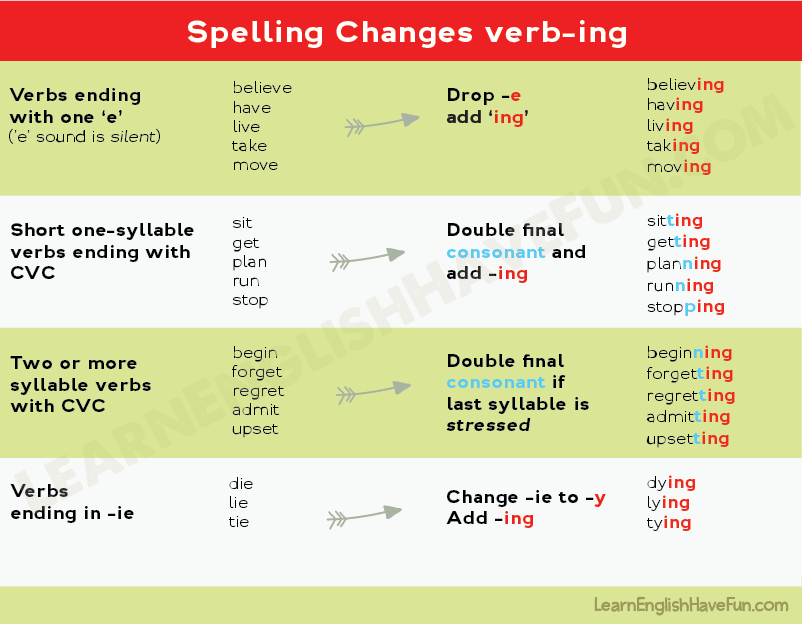 A suffix added to the end of a word functions in a similar way. For example, we use –s or –es to make a noun plural. English is full of common suffixes and prefixes that you can learn. Familiarizing yourself with them will help you to see the various parts of a word and improve your spelling.
A suffix added to the end of a word functions in a similar way. For example, we use –s or –es to make a noun plural. English is full of common suffixes and prefixes that you can learn. Familiarizing yourself with them will help you to see the various parts of a word and improve your spelling.
- Read as often as you can. Every language has common combinations of consonants and vowels. The more you read, the more you will be exposed to them and the more familiar they will become. It’s easier to learn the spelling of a word that you already recognize.
- Look for patterns. The human brain is very good at spotting patterns. If you present it with examples of words that contain a similar letter combination, you can learn English spelling rules indirectly. Try taking a highlighter and underlining words with the same or similar spelling across a newspaper page. Next, see if you can write out a rule that describes what you see. Acquiring rules in this way makes them easier to remember, thanks to the extra cognitive energy you expend figuring them out on your own.
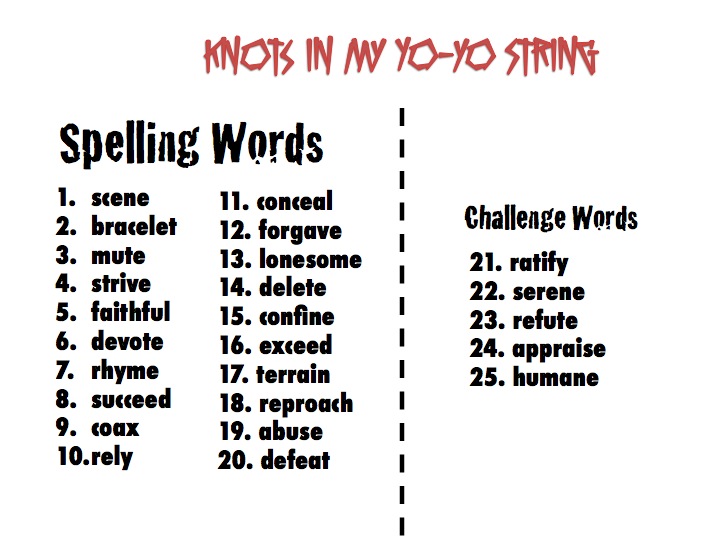
- Use mnemonics. Hard to spell words can sometimes lend themselves to visual or auditory cues that create a more robust memory. For example, the word Wednesday can be tricky to spell because the d is silent. To help you spell it correctly, you might picture a bride and think that she is to be wed on Wednesday.
- Spell out loud. Sometimes spelling a word aloud can make it easier for people with learning difficulties who struggle to put letters down on paper. Create a list of words that you want to learn and practice spelling them while you are in the shower or on your way to work. Speaking them and hearing yourself say each letter will create auditory memories that are especially helpful for individuals who are not visual learners.
- Research the origin of words. English is a Germanic language but it has adopted vocabulary from various other languages that it came into contact with over the years.
 For example, it contains plenty of words of French origin thanks to the Normans having ruled England for a few hundred years. When you research where a word comes from, you may see similar spelling patterns for other words with the same origin, such as Greek words, which tend to be found in science related vocabulary.
For example, it contains plenty of words of French origin thanks to the Normans having ruled England for a few hundred years. When you research where a word comes from, you may see similar spelling patterns for other words with the same origin, such as Greek words, which tend to be found in science related vocabulary.
- Take a multi-sensory approach. When you learn the spelling of a word and encode it physically, as is the case in handwriting or touch-typing, you are adding muscle memory to the process. The more you generate a word, the more likely it is that you automatize its spelling.
Touch-typing and spelling
A touch-typing course is often a great idea for adults who want to improve their skills. That’s because typing entails repeatedly producing words on a keyboard while seeing and hearing them read aloud. This process encodes spelling patterns in a multi-sensory way and enhances recognition of common letter combinations.
Learn more
Plus, touch-typing is a skill that opens up job and academic opportunities and can be mastered in as little as a few weeks. When the course is modular, such as is the case with the Touch-type Read and Spell program, it’s also convenient for a busy adult who is juggling work and family life and needs to move through the material at his or her own pace. The best part is it's a way of improving spelling skills without calling attention to ability, as the focus is on typing.
When the course is modular, such as is the case with the Touch-type Read and Spell program, it’s also convenient for a busy adult who is juggling work and family life and needs to move through the material at his or her own pace. The best part is it's a way of improving spelling skills without calling attention to ability, as the focus is on typing.
Do you have any tips for adults who are learning how to spell? Join the discussion in the comments!
For adult learners
TTRS is a program designed to get adults with learning difficulties touch-typing, with additional support for reading and spelling.
Does Your Child Struggle With Spelling? Try This Spelling Help For Kids
Children who fall behind classmates in spelling, who forget words easily, or who mix up letters when writing, are children who need special, loving, considerate attention regularly at home to help them overcome their unique learning problems. Forcing an activity on them or making it over-demanding only serves to intensify the child’s negative feelings about it.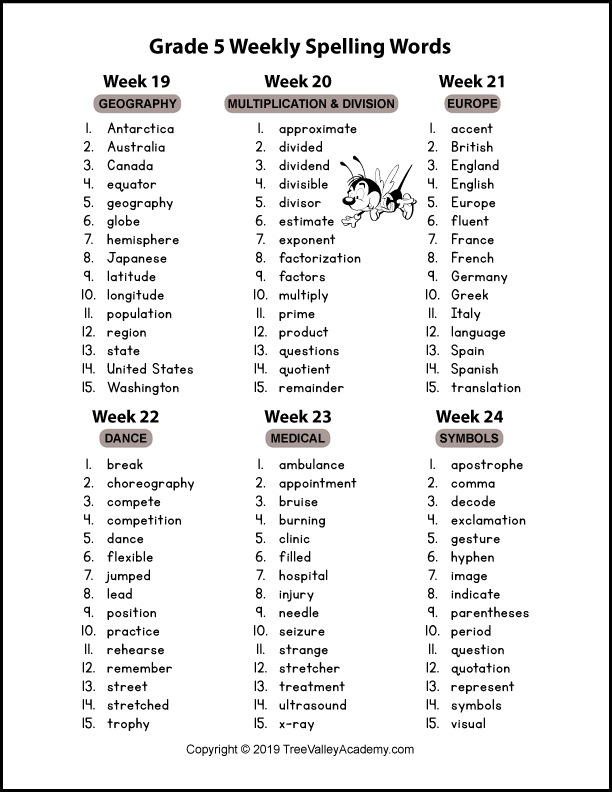 Here are some suggestions other parents have successfully used to help their children in these areas.
Here are some suggestions other parents have successfully used to help their children in these areas.
RELATED: Download Our Free Homework Charts!
Develop auditory and vocal skills. Good spellers are usually good readers and good speakers and vice versa. Using the school or local library helps your child develop some of these skills. Restrict the amount of TV he watches. Your child cannot talk back to a television set. Children need to use the language they will be writing. Give your child the opportunity to talk with you.
Experience stories. Let your child write about the things he likes. He can illustrate the stones himself or cut pictures from magazines to illustrate them. Let him write the words without assistance unless he asks for help. Misspelled words can then be used in little games you play with your child. A one-line “story” may be all that he can handle. If so, fine.
Write letters. Corresponding with a friend or relative-or a simple statement at the bottom of a letter you write to someone your child knows-offers him opportunities to spell.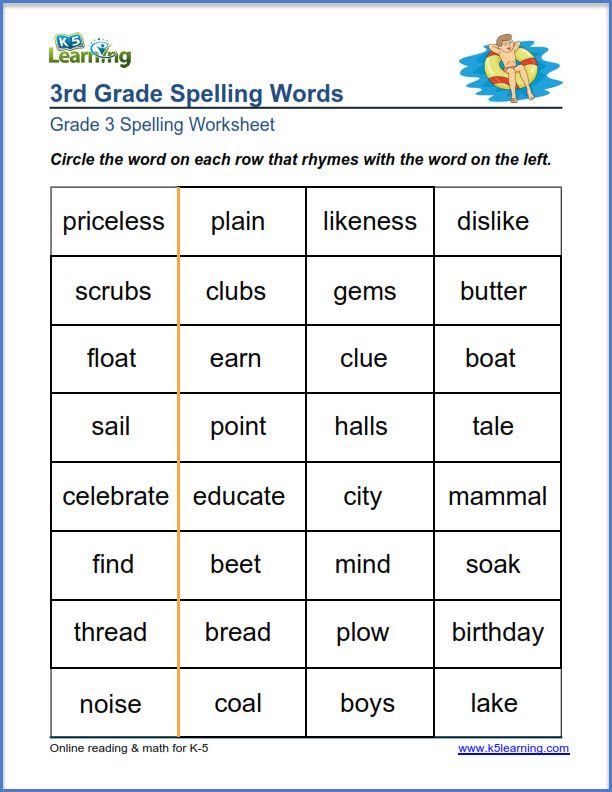
Trace words. This activity helps many children. Have your child sit next to you (or, if young, sit on your lap). Sit so that you can guide his writing hand. Make sure that only his index and middle fingers are extended, and that his eyes are closed. If your child is using manuscript, use that form. Take his hand and print (or write) the word that is confusing to him.
Finger paints are messy, but ever so helpful. Use oilcloth and a large table. Have your child roll up his sleeves and wear an old apron. Let him use both hands to write letters and words, It is a marvelous activity. Just gating the feel of large movements may be sufficient without introducing formal spelling to the activity.
All kids love codes, so why not encourage your child to decode messages diet you leave for him? Let him make up his own codes for you. You make up one but make sure he has a way to decode it.
If your child is working on a class spelling list and can only remember half of the words, speak to his teacher.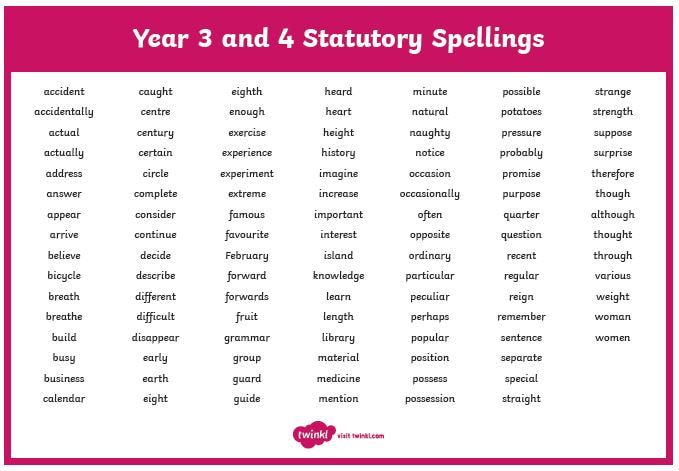 Teachers are more than delighted to hear how their students respond to homework. Perhaps the list can be reduced so that your child has fewer words and can learn these more efficiently and comfortably.
Teachers are more than delighted to hear how their students respond to homework. Perhaps the list can be reduced so that your child has fewer words and can learn these more efficiently and comfortably.
Don’t tackle an entire spelling bar in one sitting. Take one-third for example, each evening, to work on with your child. Break the practice into small units. Try fifteen minutes of review when he gets home; fifteen minutes before supper; fifteen minutes after supper. Shorter periods given frequently are more effective than one massive review-which is also exhausting and frustrating.
Sometimes words on a spelling list can be “clustered” into similarities. For example, you might try attempting all of the five-letter words one day, all the words beginning with consonants the next day, all the words beginning with blends the next day. This kind of grouping will help your child to perceive similarities and differences in the words, and, hence, develop his recall.
An old trick that really works is to have your child practice.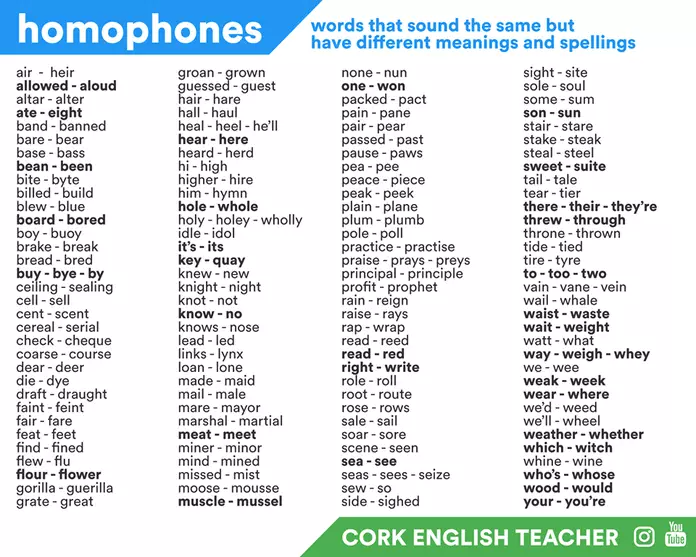 Write each of his words, and then draw with a black crayon around each word. Then he can lightly color the shape of the word. This is known as “studying the shape” (or configuration). Just make sure your child uses straight, not curved, lines when he outlines the word.
Write each of his words, and then draw with a black crayon around each word. Then he can lightly color the shape of the word. This is known as “studying the shape” (or configuration). Just make sure your child uses straight, not curved, lines when he outlines the word.
Before your child starts to silently study his list for that day, let him pronounce each word. Children must know how to properly pronounce a word before they attempt to spell it, If their pronunciation is not correct, they will indeed spell it as they would pronounce it in their own way. (Also make sure they know what the word means and can use it or understand it when they hear it.)
To start studying, a child should look at the word, pronounce it, spell it orally as he looks at it, cover it with his hand, and then attempt to spell it or, as he traces it on your kitchen table, letter by letter.
After your child has studied, let’s say five words, in the manner described, spell the words to him, in random order, and have him name the word you spelled.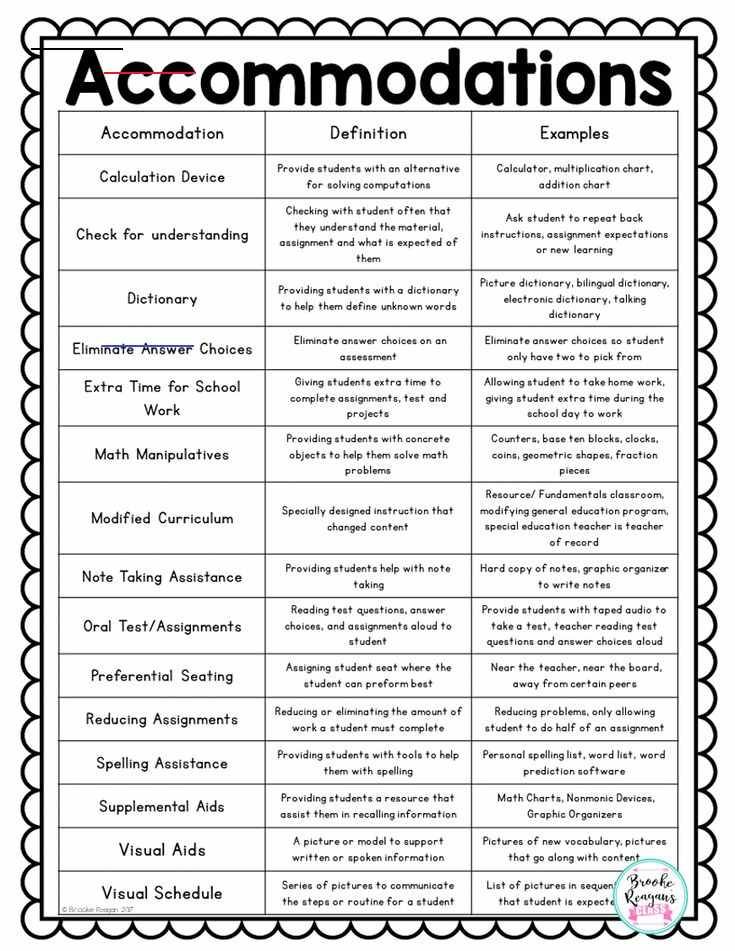
Invest in a set of plastic magnetic letters that are available at many discount, toy, and variety stores. Let your child spell the word by successively placing the magnetic letters on the magnetic board. You can show him the word, then remove it Have him name each letter as he locates it and places it on the board. This is good for developing the correct order for letters within the words.
Word lists. These can be made using paper available in the house. Print or write the words being studied. Post one copy of the list on die refrigerator, another on the door to your child’s room, and another in the bathroom. Maybe another can go over the TV set. Use a different color crayon for each word-or use a different color for parts of each word regularly confusing your child. For example, if he continues to write “come” as “cum,” use black for the “c” and I’m” but red for the “o” and “e”.
Put movement into learning words. Have your child clap for each letter or take a step for each letter as he spells the word orally. This will help ” lock in” the correct sequence of letters, as well as develop full recall for the word.
This will help ” lock in” the correct sequence of letters, as well as develop full recall for the word.
Let your child play teacher. Let him teach you the words he is learning to spell. Spell them orally to him. Let him correct you. Then have him dictate to you and you write them. Have him score your paper. Make a game of it. He’ll know you really know how to spell them, so veil him it’s a game.
Commercial dice with letters rather than numbers. Take turns with your child in tossing them and building words. List the words as they are made. The list can be saved and added to each time you play. That way be can develop a “reference fist” to use over and over spin to reinforce his recall.
Listening skills do help spelling. “What letter does ‘chart, end with?” What letter does ‘piano’ begin with?” Play these games just for a few moments before supper, or after breakfast to develop your child’s ability to hear sounds in words.
RELATED: Download Our Free Homework Charts!
Rhyming words is another game that can build spelling skills.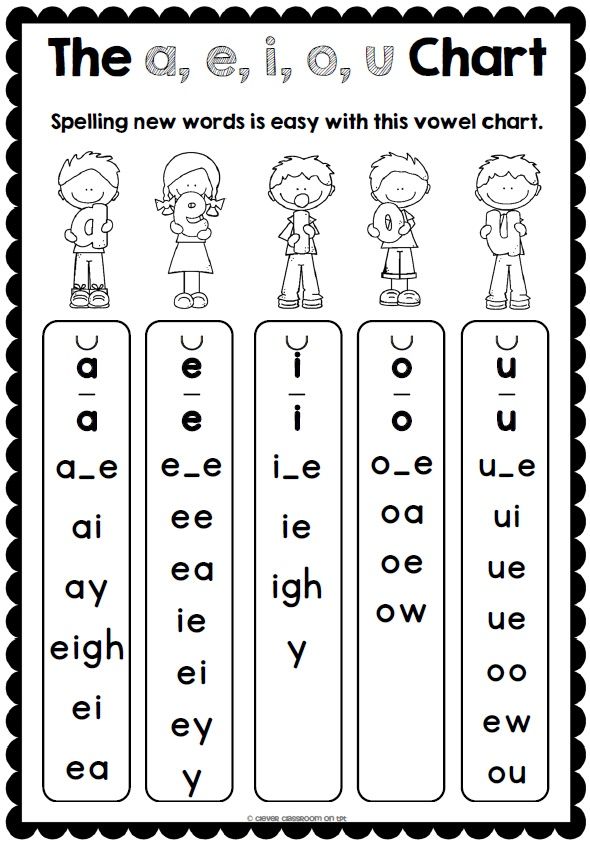 “Can you think of a word that rhymes with fill?” As your child says hill, Bill, till, and so on, write them down. He’ll soon notice, himself, that they have identical endings.
“Can you think of a word that rhymes with fill?” As your child says hill, Bill, till, and so on, write them down. He’ll soon notice, himself, that they have identical endings.
Remembering. This is a game to develop visual memory. Write one word on a piece of paper. Leave space underneath it. Tell your child to look at it as long as he wants, that is, until he can remember the letters, then have him fold the paper so that he cannot see the word. He is then to try to write the word from memory. Let him check it himself, and if he has misspelled, try again.
Practice in spelling can come in a variety of ways. For example, you might ask him to help you make a grocery list by looking at the advertisement for a local supermarket You could check the items you want to purchase, and you could ask him to make a list to help you out.
Find the wrong word. Write a short sentence for your child. Tell him that there is one word spelled incorrectly. Ask him to see if he can find it. To begin, make it a rather obviously misspelled word. Leave a letter out, or add an extra letter to a word. Ask him to first read the sentence, then to circle the misspelled word. Then make sure you erase it and write it correctly.
Leave a letter out, or add an extra letter to a word. Ask him to first read the sentence, then to circle the misspelled word. Then make sure you erase it and write it correctly.
Helping your child at home with spelling requires patience and a non-school-like setting. Don’t try to be a teacher. Be a parent who teaches. Your child wants to please you-he wants your honest, sincere praise. Keep the activities short-and fun, and do them regularly, with variety.
c# - Help with writing a LINQ query
If your "director" sets the task of tracking files, in order to know when which file has changed, to determine the source of the change - there is such a thing in Windows as an audit:
RMB on a disk / folder / file -> properties -> security -> advanced -> audit -> change -> add -> Write " All " -> OK -> you can check all the boxes (although transfer/create/delete is enough) -> And again OK -> OK.. OK
Then enable auditing globally: In cmd command " secpol " -> local policies -> audit policy -> object access audit -> tick (or only one for success) -> apply
Run event log:
In cmd eventvwr -> windows logs -> security -> create custom view -> set parameters:
Event logs - security Sources - Microsoft Windows security auditing.Tags - Failure Audit, Success Audit If the computer is in a domain or has access, you can specify a network the address of the computer on which the files are located and the audit is performed.
Save the custom view with a new name - that's it, now the OS itself monitors changes to specific objects without any scanning by third-party software.
The only condition is that you need to configure all this on that computer - where the files are physically located, and you can already watch from any computer (in the custom view, specify the address of the computer, it may not work right away, because Windows security, domains, workgroups, accounts, etc...).
To remove tracking, also through the object properties: RMB -> properties -> security -> advanced -> audit -> edit -> delete the rule.
https://docs.microsoft.com/en-us/microsoft-365/compliance/export-view-audit-log-records?view=o365-worldwide The article describes how to export this log and open it in Excel.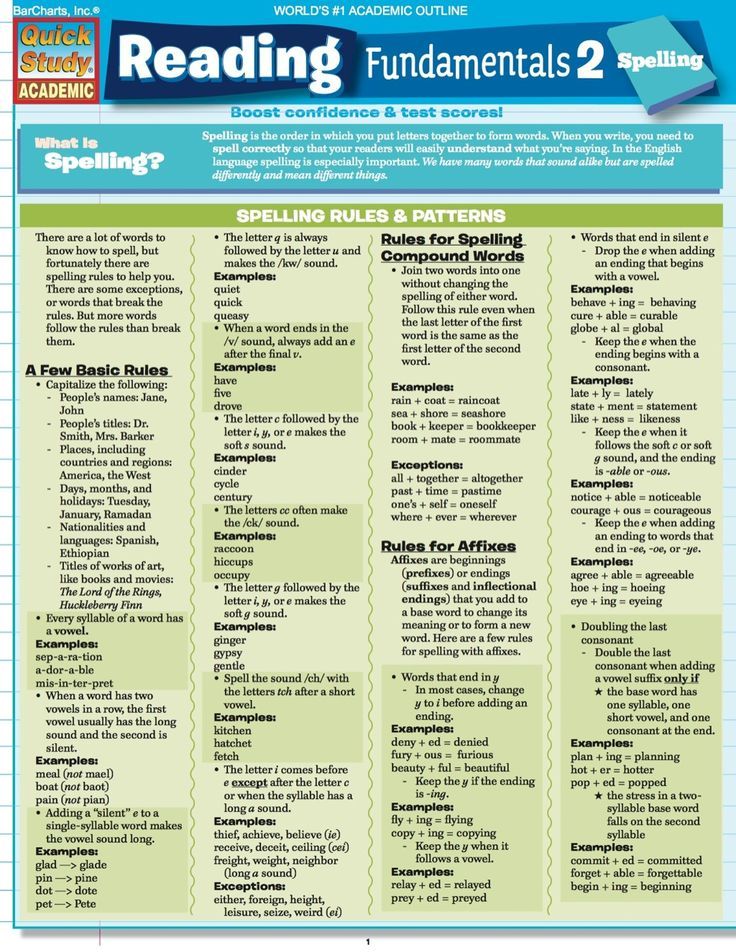 You can write a batch file and put it in the scheduler so that it starts the export and writes the file to a separate folder, from which you can already read all this with some utility, maybe even your own, in principle, at least directly export to the database, MSSQL supports exactly this, the main thing is that the table was, many other databases are also capable of this.
You can write a batch file and put it in the scheduler so that it starts the export and writes the file to a separate folder, from which you can already read all this with some utility, maybe even your own, in principle, at least directly export to the database, MSSQL supports exactly this, the main thing is that the table was, many other databases are also capable of this.
If you do not need to write to the database (the Windows log will already play its role), then .NET already has System.Diagnostics.EventLog, and you can read it. Binding output to forms or wpf in a couple of clicks is not difficult.
In the end, I want to say: if this is necessary for the internal needs of the organization, then it is better to use ready-made tools, kindly provided by the small-soft ones themselves, specifically for this task, this method definitely works in Windows 7 - I use it myself, it should work starting from Windows server 2003 , and may have already been in Windows XP or even earlier, tk.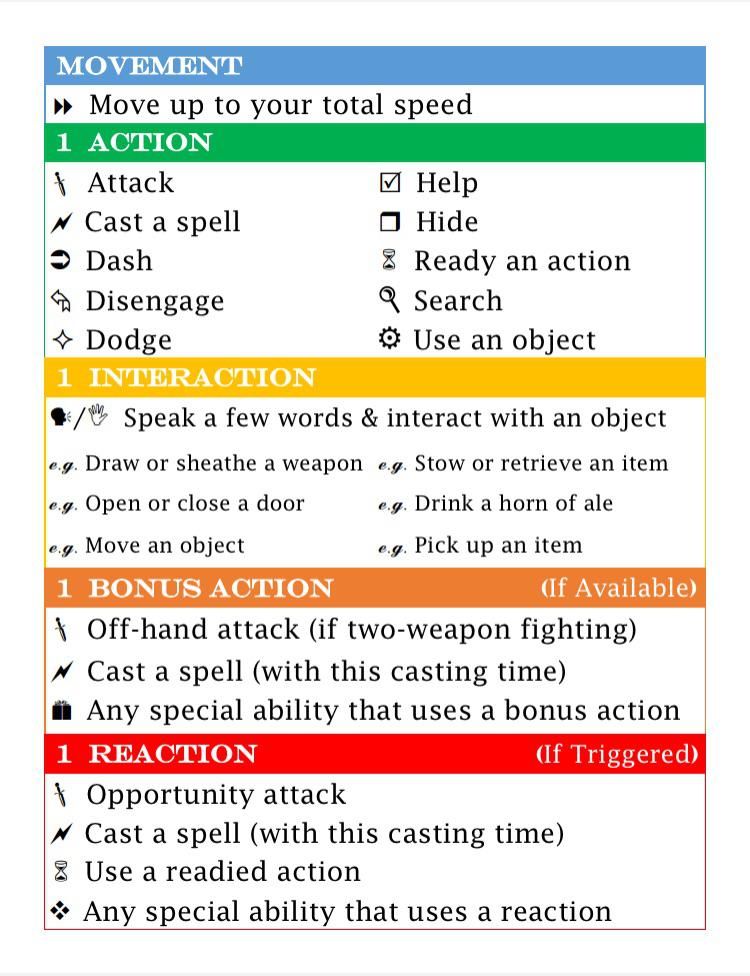 The issue of information security has been in foreign companies for a very long time. Therefore, why reinvent the wheel when you can set up an already existing polished tool that is 20 years old. The only question is how convenient it is to show this data (binding: forms-datagridview / wpf, at least in a browser), if you need not only in logs - export to the database via xml or System.Diagnostics.EventLog with real-time dumping of entries in the database, and if the application was stopped - an additional table with the last recorded time to read the System.Diagnostics.EventLog history at startup and filter it. It's better than fiddling with files and folders and frying your brains trying to come up with an algorithm to find out what changed when the program was turned off.
The issue of information security has been in foreign companies for a very long time. Therefore, why reinvent the wheel when you can set up an already existing polished tool that is 20 years old. The only question is how convenient it is to show this data (binding: forms-datagridview / wpf, at least in a browser), if you need not only in logs - export to the database via xml or System.Diagnostics.EventLog with real-time dumping of entries in the database, and if the application was stopped - an additional table with the last recorded time to read the System.Diagnostics.EventLog history at startup and filter it. It's better than fiddling with files and folders and frying your brains trying to come up with an algorithm to find out what changed when the program was turned off.
help with writing a letter for neighbors
help with writing …
#1
#2
Signature: Cat in the boots "
#3
I have achieved something like this several times.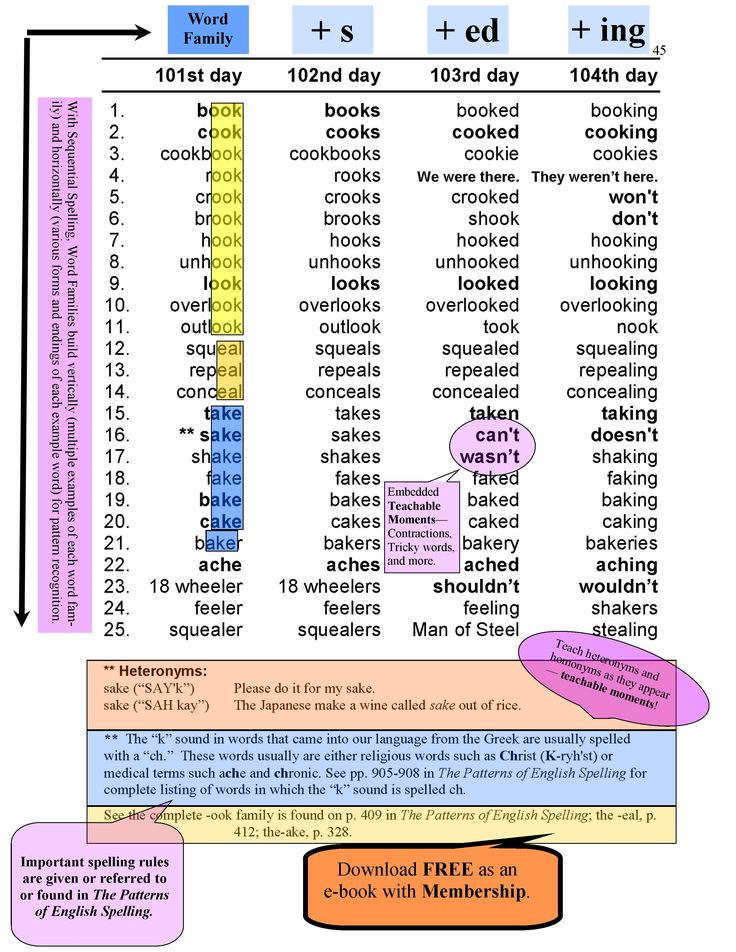
#4
#5
#7
stool
"Whoever fuck my plate again, I'll bite off the egg.
signature: Puss in boots"
here! the best option
6
#8
Strike
"Which are my plate again, I will bite qi ts.
Signature: Cat in boots"
#9
In cities, the main breeders of rats are well-wishers who lay out food for cats / dogs on the street, many of them do not even suspect that the food goes to rats.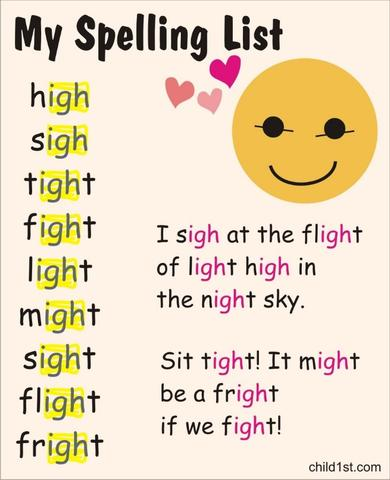 So I advise you to always watch how the cat eats food and take away the plate. And do not say that if there is a cat, then there are no rats. Firstly, rats are very smart animals (an ordinary rat lived in our house for almost 3 years, although we bought it as a decorative one, so I know what I’m talking about), and secondly, not every cat can be a rat catcher, every mouse can catch and strangle, but not everyone can handle a rat and get in touch, tk. forces in most cases will not be in favor of the cat.
So I advise you to always watch how the cat eats food and take away the plate. And do not say that if there is a cat, then there are no rats. Firstly, rats are very smart animals (an ordinary rat lived in our house for almost 3 years, although we bought it as a decorative one, so I know what I’m talking about), and secondly, not every cat can be a rat catcher, every mouse can catch and strangle, but not everyone can handle a rat and get in touch, tk. forces in most cases will not be in favor of the cat.
Your plate, by the way, can be cleaned by the janitors as well. they know about rats.
#10
#11
Strike
"which is my plate again, I will bite off the YA CU TUA. signature: Puss in Boots"
#12
#13
i good
exactly, better politely and without offense, how did you and the cat decide?
so far everything is the same.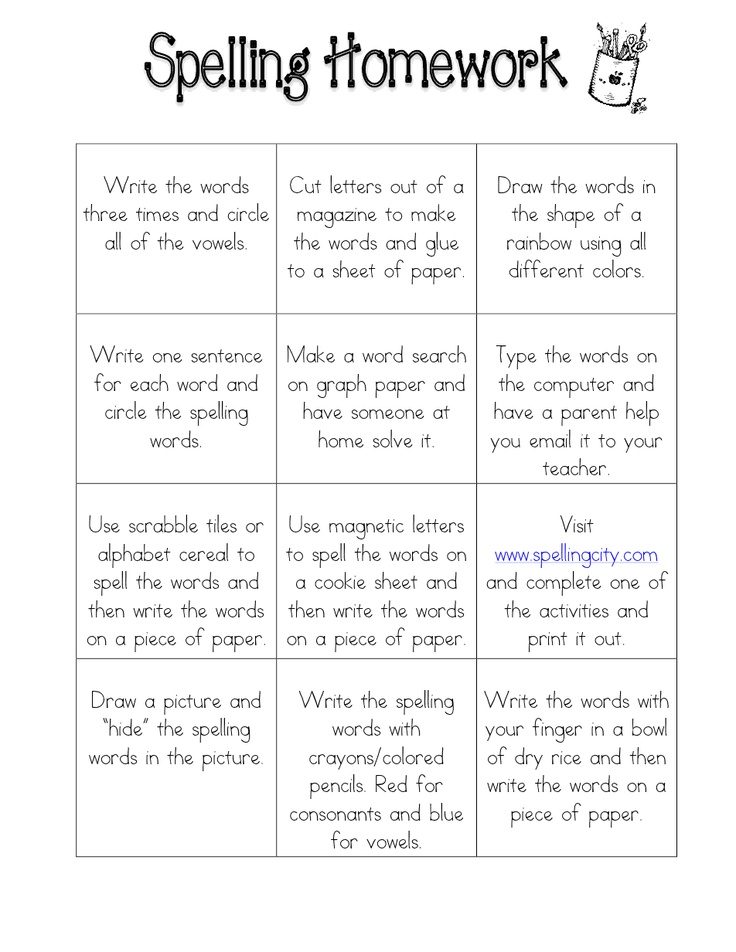 On Saturday I will go to our shelter to help, "throw a bait" about her, let's see if they can tell me something.
On Saturday I will go to our shelter to help, "throw a bait" about her, let's see if they can tell me something.
#14
Kira
yes it's the janitors cleaning, talk to them :00 in the morning, well, in the evening after 9. it's definitely one of the neighbors. it even happens that I take out food for her, I go up home for the dog, and when I go down after 5 minutes there is no more plate, that is, they don’t even let her finish eating, but as soon as I get up, they drive it away and throw it away.
#15
#16
Can I also ask about the letter to the neighbors? And then I also have a situation, I do not want to create a topic. I have neighbors on the 1st floor bred ... rabbits in the apartment, the stench is on the whole entrance. and this farm in the center of St. Petersburg! I also want to write them a letter... but I don't know how to formulate it intelligibly and correctly.
#18
#19
Are you sure that the cat always eats food
?
In cities, the main breeders of rats are well-wishers who lay out food for cats / dogs on the street, many of them do not even suspect that the food goes to rats. So I advise you to always watch how the cat eats food and take away the plate. And do not say that if there is a cat, then there are no rats. Firstly, rats are very smart animals (an ordinary rat lived in our house for almost 3 years, although we bought it as a decorative one, so I know what I’m talking about), and secondly, not every cat can be a rat catcher, every mouse can catch and strangle, but not everyone can handle a rat and get in touch, tk.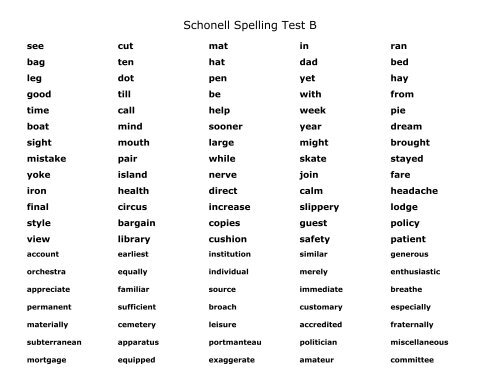 forces in most cases will not be in favor of the cat.
forces in most cases will not be in favor of the cat.
Your plate, by the way, can be cleaned by the janitors as well. they know about rats.
#20
the best girl in the USSR
author, hide behind a bush! and when the villain comes out, thrash him so that it's repulsive!!!)
In cities, the main breeders of rats are well-wishers who lay out food for cats / dogs on the street, many of them do not even suspect that the food goes to rats. So I advise you to always watch how the cat eats food and take away the plate. And do not say that if there is a cat, then there are no rats. Firstly, rats are very smart animals (an ordinary rat lived in our house for almost 3 years, although we bought it as a decorative one, so I know what I’m talking about), and secondly, not every cat can be a rat catcher, every mouse can catch and strangle, but not everyone can handle a rat and get in touch, tk.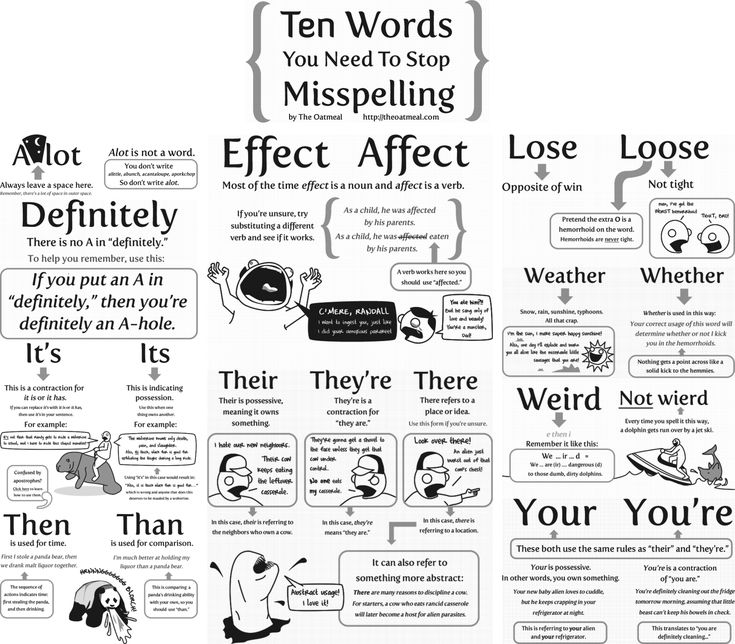 forces in most cases will not be in favor of the cat.
forces in most cases will not be in favor of the cat.
Your plate, by the way, can be cleaned by the janitors as well. they know about rats. What is the difference between an ordinary rat and a decorative one?
#22
Woman.ru experts
Vladimir Titarenko
Fitness nutritionist
4 answers
Maxim Sorokin
Practicing psychologist
781 answers
Galimov Ildar
Family psychologist
223 answers
Sergey Veksler
Psychologist
23 answers
Vera Vladimirovna Zolotykh
Psychologist
145 answers
Letosheva Tati
Expert in Eastern practices
6 answers
Maria Burlakova
Psychologist
213 answers
Alla Buraya
Psychologist
81 answers
Irina Gudkina
Psychologist
19 answers
Yulia Lekomtseva
Cosmetologist
258 answers
#23
#24
Rapunzel
And can I also ask about a letter to neighbors? And then I also have a situation, I do not want to create a topic.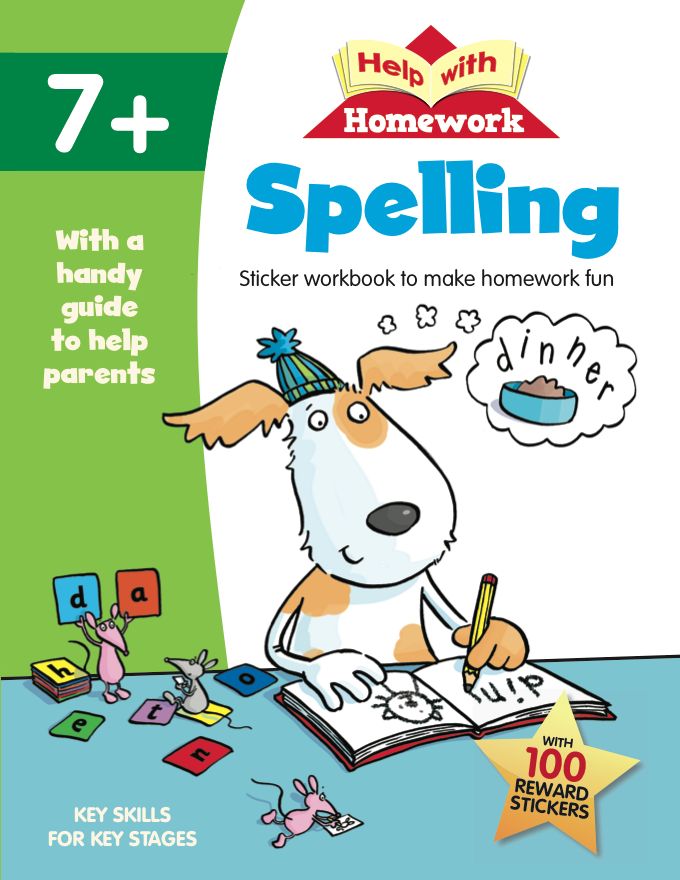 I have neighbors on the 1st floor bred ... rabbits in the apartment, the stench is on the whole entrance. and this farm in the center of St. Petersburg! I also want to write them a letter... but I don't know how to formulate it intelligibly and correctly.
I have neighbors on the 1st floor bred ... rabbits in the apartment, the stench is on the whole entrance. and this farm in the center of St. Petersburg! I also want to write them a letter... but I don't know how to formulate it intelligibly and correctly.
Write to them correctly and intelligibly that what they are doing violates the rules of sanitation in residential premises, and if they do not find another place for their farm, then you will contact the Federal Service for Consumer Protection (I don’t know how they will help you, but address, suddenly rabbits are ill with any human-dangerous diseases). June 06, 2014
In cities, the main breeders of rats are well-wishers who lay out food for cats / dogs on the street, many of them do not even suspect that the food goes to rats. So I advise you to always watch how the cat eats food and take away the plate. And do not say that if there is a cat, then there are no rats. Firstly, rats are very smart animals (an ordinary rat lived in our house for almost 3 years, although we bought it as a decorative one, so I know what I’m talking about), and secondly, not every cat can be a rat catcher, every mouse can catch and strangle, but not everyone can handle a rat and get in touch, tk.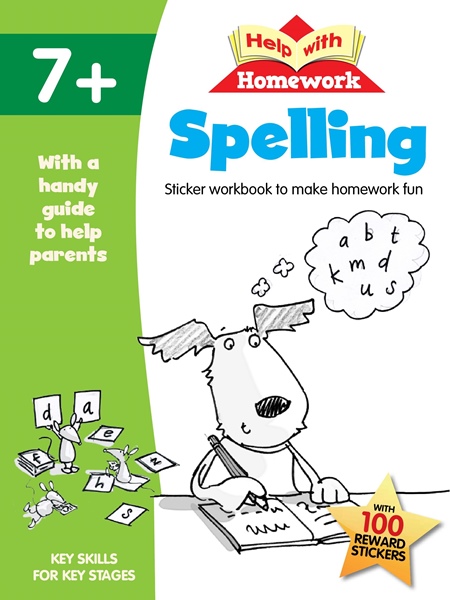 forces in most cases will not be in favor of the cat.
forces in most cases will not be in favor of the cat.
Your plate, by the way, can be cleaned by janitors as well. they know about rats.
#26
Inaccessible stories
-
I am infuriated with my children and grandchildren ...
759 answers
-
Men immediately warned, all property is registered to children
684 answers
-
Such a salary - I don’t want to work
470 answers
-
Lies 22 years long. How to destroy?
757 answers
-
Husband left, 2 months of depression... How will you cope if you are left all alone?
172 answers
In cities, the main breeders of rats are well-wishers who lay out food for cats / dogs on the street, many of them are not even
suspect that rats are getting their food.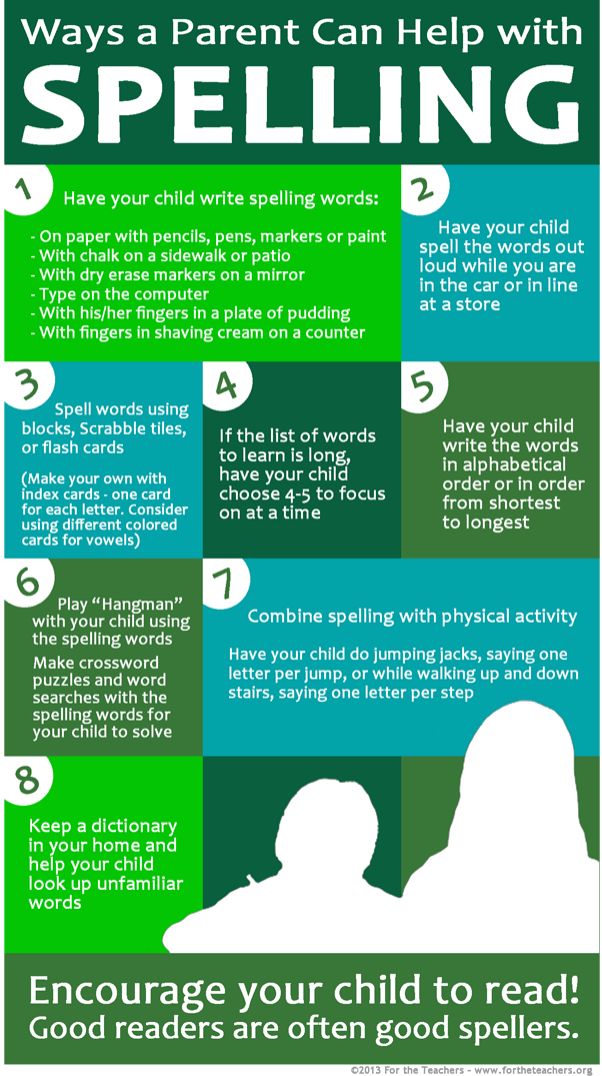 So I advise you to always watch how the cat eats food and take away the plate. And do not say that if there is a cat, then there are no rats. Firstly, rats are very smart animals (an ordinary rat lived in our house for almost 3 years, although we bought it as a decorative one, so I know what I’m talking about), and secondly, not every cat can be a rat catcher, every mouse can catch and strangle, but not everyone can handle a rat and get in touch, tk. forces in most cases will not be in favor of the cat.
So I advise you to always watch how the cat eats food and take away the plate. And do not say that if there is a cat, then there are no rats. Firstly, rats are very smart animals (an ordinary rat lived in our house for almost 3 years, although we bought it as a decorative one, so I know what I’m talking about), and secondly, not every cat can be a rat catcher, every mouse can catch and strangle, but not everyone can handle a rat and get in touch, tk. forces in most cases will not be in favor of the cat.
Your plate, by the way, can be cleaned by the janitors as well. they know about rats.
Correct comment. And there is. You're better off baiting rats.
#29
#30
Variations
Write to take half the food to take yourself, please leave the cat, please leave the cat.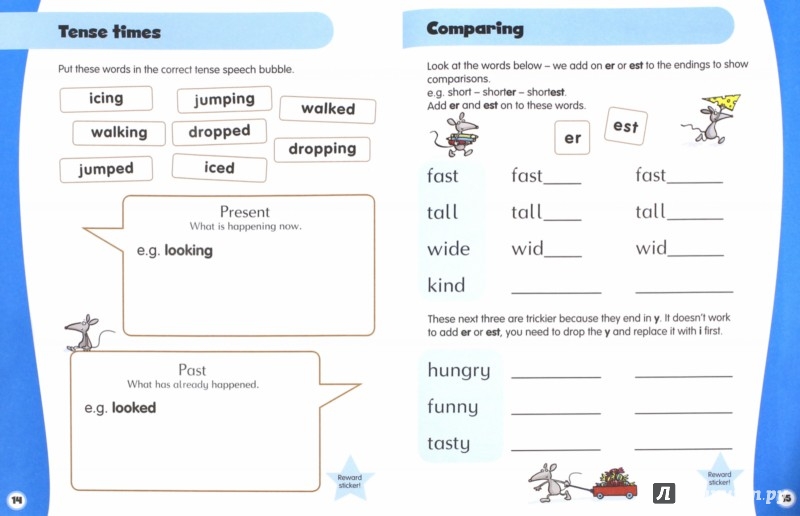 ".
".
#31
New threads in 3 days:
-
Share the experience of maintaining the Russian PSU BOOKS
4 replies -
The cat stopped eating meat, earlier only it and ate
5 answers
-
Is it true that animals see the worldwater?
13 answers
-
someone please support
10 answers0363
8 answers
-
Who are feeding the cats
11 answers
-
Dog LIGHT
-
COMPOSSIBLE OF NOT BE DO NOT BECOME?
9 answers
-
Can't get the cat out of the house
11 answers
-
Would the signs have any effect on you?
4 answers
Popular topics in 3 days:
-
Catless families are inferior!
67 answers
-
I want to start owl
40 answers
-
I break into my favorite dog
25000 25
- 22
Dog.
